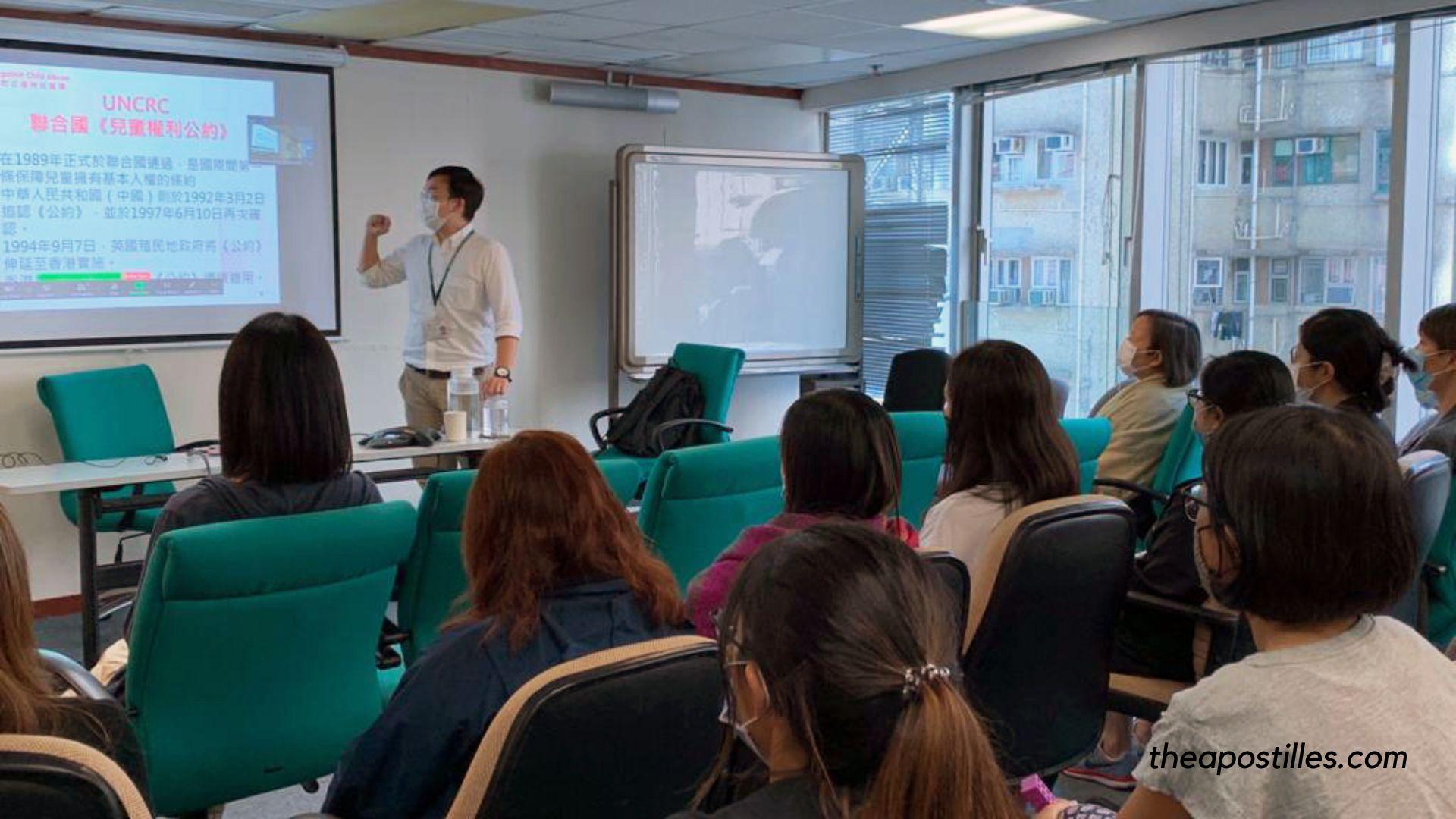Teaching abroad is a unique and fulfilling experience for educators wishing to broaden their views and make a difference in the world of education. Even though there are many challenges along the way, there are a lot of benefits that make the experience well worth it. We shall examine each of these aspects, demonstrating the challenges and advantages of teaching in a global classroom.
Challenges in the Global Classroom are as follows:
-
Disparities in Culture:
When working overseas, one of the biggest challenges instructors encounter is adjusting to new cultures. In addition to adjusting to new cultural norms and practices, educators must negotiate the differences and expectations of a different educational system. This can occasionally result in miscommunication and misconceptions.
-
Language Disparity:
It can be difficult to teach in a foreign language, particularly when working with students who might not speak English well. In order to ensure effective instruction, teachers might need to use a variety of tactics, including gestures and visual aids. Language hurdles may also exist inside the school community, which would complicate coordination and collaboration.
-
Insufficient Assistance:
Teachers who work overseas frequently have to work alone and without the same resources and assistance that they would have back home. Because of this, it could be challenging to meet the needs of students or get help when required. Furthermore, it could be harder to locate opportunities for professional development and advancement.
-
Getting Used to New Teaching Approaches:
Different curriculum frameworks and teaching strategies may be found in different educational systems. Teachers might have to modify their teaching methods to better meet the requirements and learning preferences of their students. This could entail creating fresh curricular materials or implementing various instructional techniques.
However, when anyone wants to travel abroad for studies, work, or reside abroad, Degree Certificate Attestation is a necessary procedure to follow. Degree certificate attestation is the process of verifying the authenticity of a higher education degree issued by a recognised institution. Assuring that the degree is genuine and satisfies the requirements for usage internationally requires a number of steps and documentation.
The purpose of degree certificate attestation is to establish the legitimacy of the degree holder. It confirms that the degree holder genuinely obtained the degree from a recognised university and that the information provided on the certificate is correct. This is crucial in cases where the degree was earned overseas or in a language other than English.
Attesting to a degree’s legitimacy and validity is the objective of degree certificate attestation, which is performed by colleges and universities. It accomplishes multiple objectives. The attestation of degree certificates is a lengthy procedure that is usually completed through authorities or educational institutions with authorization. The precise procedure may change based on the nation and the attestation’s intended use.
Attesting a degree certificate is an essential step for anyone looking for work abroad, further study, or immigration. By confirming the legitimacy of a degree, attestation ensures that people acquire the abilities and credentials required to be successful in their chosen fields. It is essential that people ensure their degree certificate is accurately attested to prevent any hassle or issues that can result from using fake documentation.
Joys in Global Classroom are as follows:
-
Immersion in Culture:
Exposure to diverse cultures is one of the main benefits of teaching overseas. Instructors get the opportunity to experience a new culture firsthand and develop a broader awareness of worldviews. Their perspectives may be expanded, and this encounter may inspire them to adopt a global perspective.
-
Career Growth:
Teachers have the opportunity to broaden their professional horizons by teaching abroad. They get to see various teaching techniques in action, acquire up on the expertise of experienced colleagues, and acquire knowledge of various learning philosophies and cultural practices. Beyond the confines of the classroom, this progress may result in career and personal development.
-
Creating an Impact:
Teachers have the chance to significantly improve the lives of their students and communities by going abroad to teach. They have the power to mould sensitive minds, encourage students to follow their dreams, and assist in the formation of a worldwide community. It is a fulfilling experience to know that one’s labour is directly improving the lives of others, and this brings joy and happiness.
-
Life-Changing Events:
Teachers have the opportunity to make lifelong memories by teaching abroad. Every minute spent overseas offers the chance to go on an adventure, from discovering new foods and customs to visiting remote regions. These times will be treasured for a lifetime because of the memories made throughout this period.
Teaching abroad brings challenges and opportunities for educators. Language barriers, cultural differences, and a lack of support can be challenges, but professional development, the chance to have a good influence, cultural immersion, and life-changing experiences make their visit worthwhile. The experience of working in an international classroom can benefit teachers both emotionally and professionally if they take on these difficulties and take use of the opportunities that are offered.



